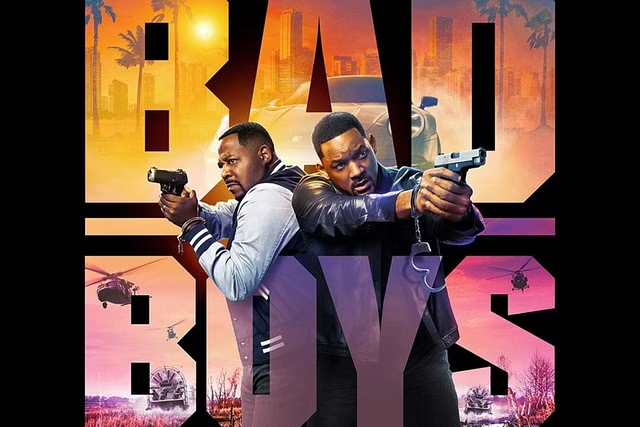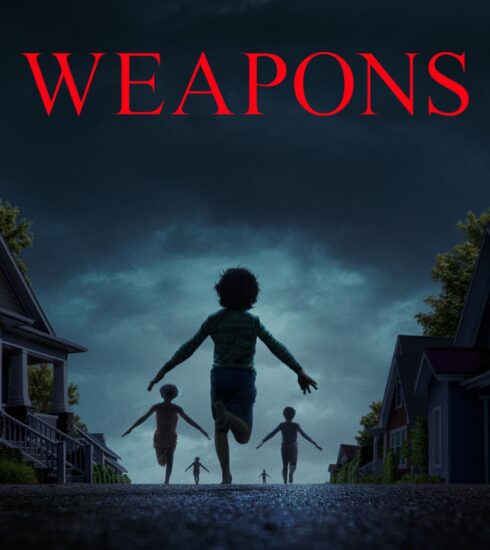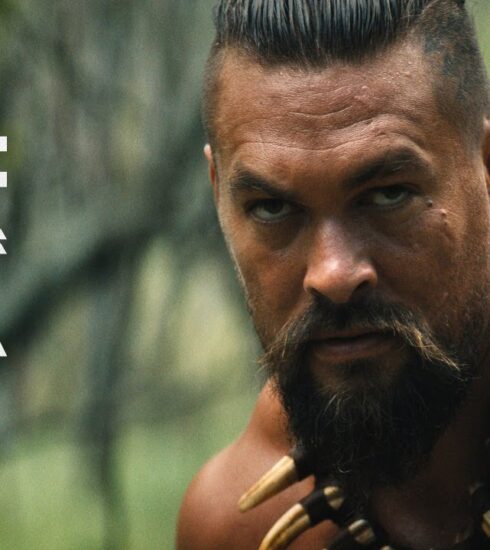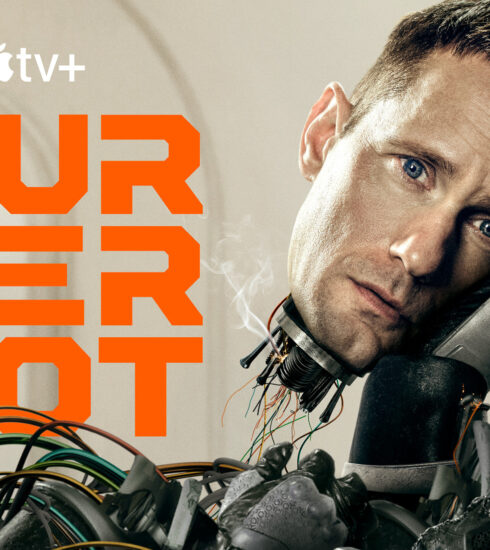Watch of the Week: Fallout
One of the most fundamentally good things about Fallout, the television edition, is that it’s not content to simply be a fawning retread of any one of the various games. The game series, which began in 1997, is simply too expansive for that to work (“Thou shalt always get sidetracked by bullshit,” as one character puts it). Creators Geneva Robertson-Dworet and Graham Wagner, along with executive producers Jonathan Nolan and Lisa Joy, instead reconfigure the hallmarks of the games developed by Bethesda to mutate it into its own distinct entity, turning gameplay into entertainingly tense dramatic beats.
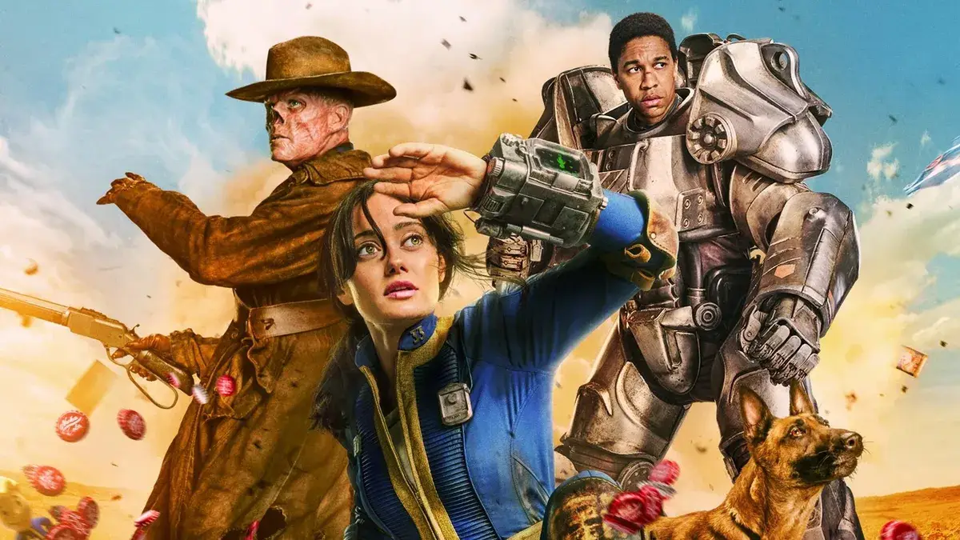 This take on Fallout follows the painfully naive Lucy MacLean (Ella Purnell) as she leaves her subterranean Vault and heads into future Los Angeles, post-nuclear fallout. The tone-setting first three episodes are directed by Nolan, no stranger to future dystopias, and Fallout is maybe his funniest, and scariest, take on the end of the world yet. His sci-fi series Person Of Interest saw the AI singularity beginning a slow creep to apocalypse; his take on Westworld was, in part, about an end to bodily autonomy. Fallout is more literal: the series opens with a moment full of terrifying finality. A title card “THE END” drops not long before the atomic bombs do — and so the show begins.
This take on Fallout follows the painfully naive Lucy MacLean (Ella Purnell) as she leaves her subterranean Vault and heads into future Los Angeles, post-nuclear fallout. The tone-setting first three episodes are directed by Nolan, no stranger to future dystopias, and Fallout is maybe his funniest, and scariest, take on the end of the world yet. His sci-fi series Person Of Interest saw the AI singularity beginning a slow creep to apocalypse; his take on Westworld was, in part, about an end to bodily autonomy. Fallout is more literal: the series opens with a moment full of terrifying finality. A title card “THE END” drops not long before the atomic bombs do — and so the show begins.
The pilot episode is a little belaboured with set-up, launching Lucy’s journey and bouncing between character introductions. It picks up, thankfully, with the second, enabled by a great cast — especially Walton Goggins, playing The Ghoul with nuclear-grade charm. Like The Man In Black from Westworld, he’s a man made cruel by circumstance (and, unlike The Man In Black, mutated by radiation), with a lot of mileage found in examining him pre-apocalypse, too. Lucy herself starts as a blank slate — just as the games compel you to steer the protagonist’s morality through role-playing, Purnell plays her with an undercurrent of strangeness and dissatisfaction, which makes Lucy feel like she could tip in any direction.
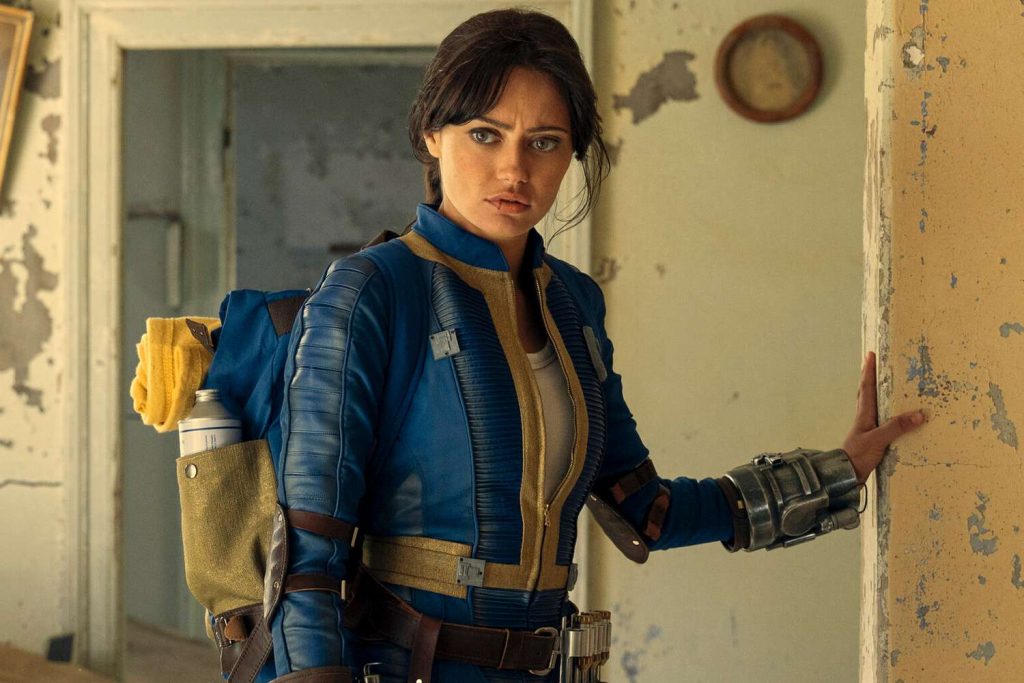 The world built upon this devastation is compellingly awful, with gruesome creature design and lovely (so to speak) sets built from an assortment of scrap, lifting the games’ combination of mid-century retro-futurism with Mad Max-esque post-apocalyptic Western tropes, as well as its catchy soundtrack of easy listening and classic country music. The action gets pretty nasty, and it doesn’t take long for forks to go into eyes, for legs and heads to be turned into mulch. All of that awfulness accumulates into some compelling, if not particularly subtle, satire about the cult of American imperialism and capitalism (at one point staging a board meeting like the Dr. Strangelove war room).
The world built upon this devastation is compellingly awful, with gruesome creature design and lovely (so to speak) sets built from an assortment of scrap, lifting the games’ combination of mid-century retro-futurism with Mad Max-esque post-apocalyptic Western tropes, as well as its catchy soundtrack of easy listening and classic country music. The action gets pretty nasty, and it doesn’t take long for forks to go into eyes, for legs and heads to be turned into mulch. All of that awfulness accumulates into some compelling, if not particularly subtle, satire about the cult of American imperialism and capitalism (at one point staging a board meeting like the Dr. Strangelove war room).
Not all of it holds together, but in its best moments the show underlines the game’s themes, poking at the ludicrousness of conservative doctrines when the empire has already crumbled. The Vault satirises nuclear-family mundanity, relocated underground in a hermetically sealed suburbia; the Brotherhood Of Steel’s cool exosuits are a spin on cultish feudalism. Ultimately, Fallout is playing not just with the iconography but also the power fantasy of the games — of one person deciding the fate of the world.
Fallout expands on the big ideas of the games, making it an adaptation worth watching both for fans and those unfamiliar. It’s an equal parts funny and nightmarish show that, like its protagonist, isn’t content to live inside a projection of the past.
Boluwatife Adesina is a media writer and the helmer of the Downtown Review page. He’s probably in a cinema near you.


